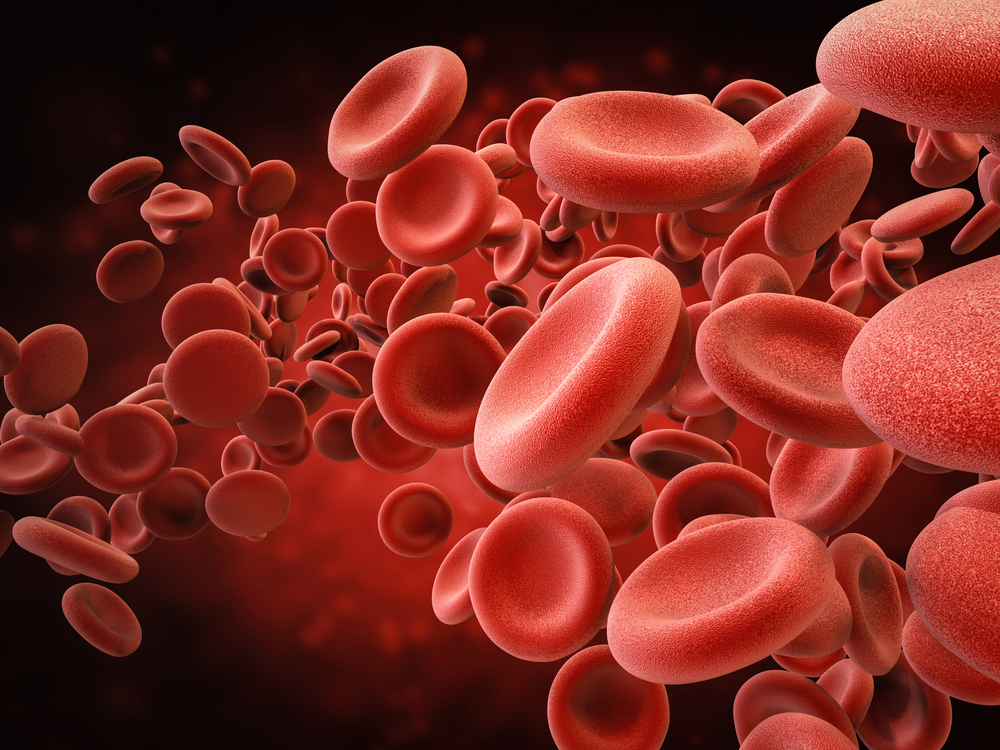Rise in MPO-ANCA Antibodies After Remission May Predict Relapse
Written by |

Among ANCA-associated vasculitis patients in remission — particularly those with manifestations in their kidneys — the reappearance of MPO-ANCA antibodies may be a sign of disease relapse, a study suggests.
The study, “Association Between Reappearance of Myeloperoxidase-Antineutrophil Cytoplasmic Antibody and Relapse in Antineutrophil Cytoplasmic Antibody-Associated Vasculitis,” was published in the journal Arthritis and Rheumatology.
ANCA-associated vasculitis (AAV) is a condition characterized by the production of antineutrophil cytoplasmic antibodies (ANCAs) that ultimately lead to blood vessel inflammation.
There are two major types of ANCAs, those targeting the proteinase 3 protein (PR3-ANCA) and those whose target is the myeloperoxidase protein (MPO-ANCA). While levels of these antibodies are widely used to diagnose AAV, the usefulness of monitoring ANCA levels to predict disease activity and relapse is controversial.
In this study, researchers attempted to investigate the relevance of MPO-ANCA levels in AAV patients in remission. They examined data from 271 patients, median age 73 years, included in two prior cohort studies between 2009 and 2014.
Participants, most of whom (68%) had microscopic polyangiitis, had achieved remission within six months of starting their remission induction therapy.
Overall, 72% of patients had seen their MPO-ANCA levels drop to normal levels within six months of starting treatment. However, 40% of these patients subsequently experienced a rise in these antibodies within two years.
Researchers found no differences between patients whose MPO-ANCA levels had returned to normal and those who did not achieve ANCA normalization; patients in both groups had similar relapse rates, overall survival rates, and renal survival rates.
However, more patients who relapsed experienced a reappearance of MPO-ANCAs (76%), compared to those without a relapse (12%). The time from negative to positive ANCAs was also shorter in those who relapsed.
After accounting for factors including age, sex, AAV subtype, and disease activity, researchers found that those with reappearance of MPO-ANCAs were 26 times more likely to have a relapse.
The biomarker was particularly useful for predicting relapse among patients with renal involvement, but because very few patients without renal involvement experienced relapse (four patients), more studies are needed to understand the link between MPO-ANCA reappearance and relapse of non-renal AAV.
While the study had some limitations, including the use of distinct assessments of ANCA levels across participating institutions, the researchers suggest that for patients who have recovered from MPO-AAV, “routine MPO-ANCA monitoring should be implemented” to predict possible relapse.





